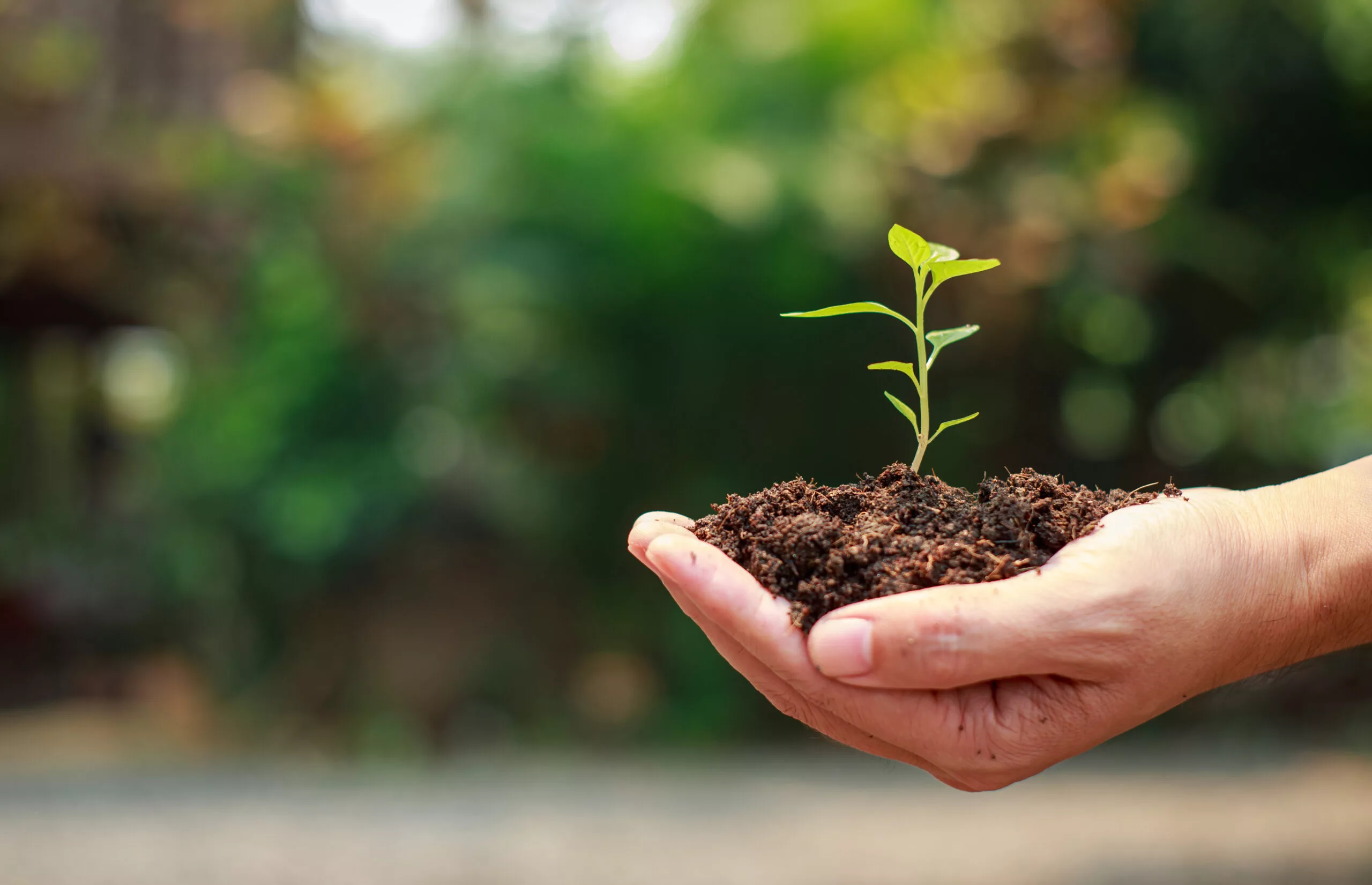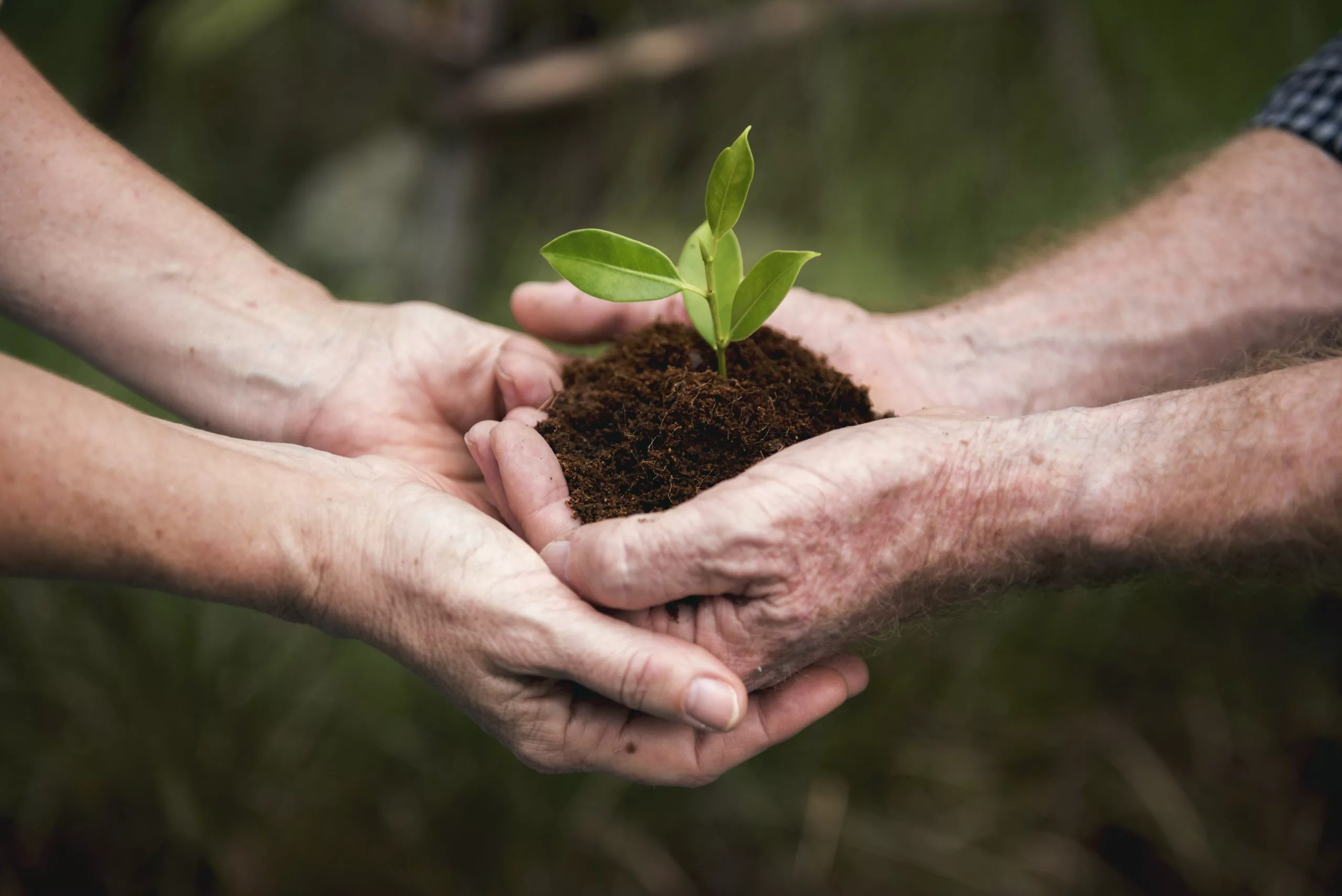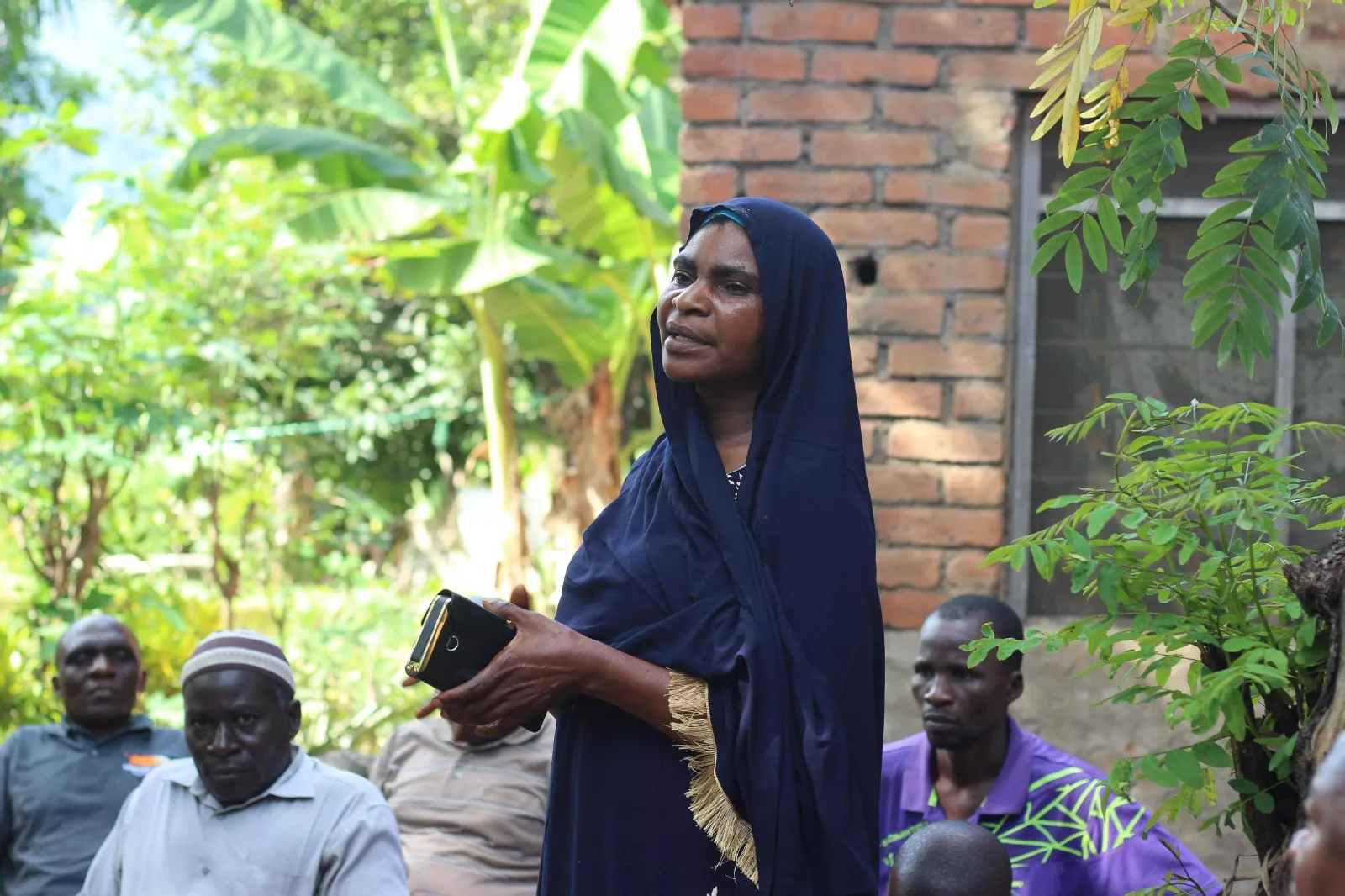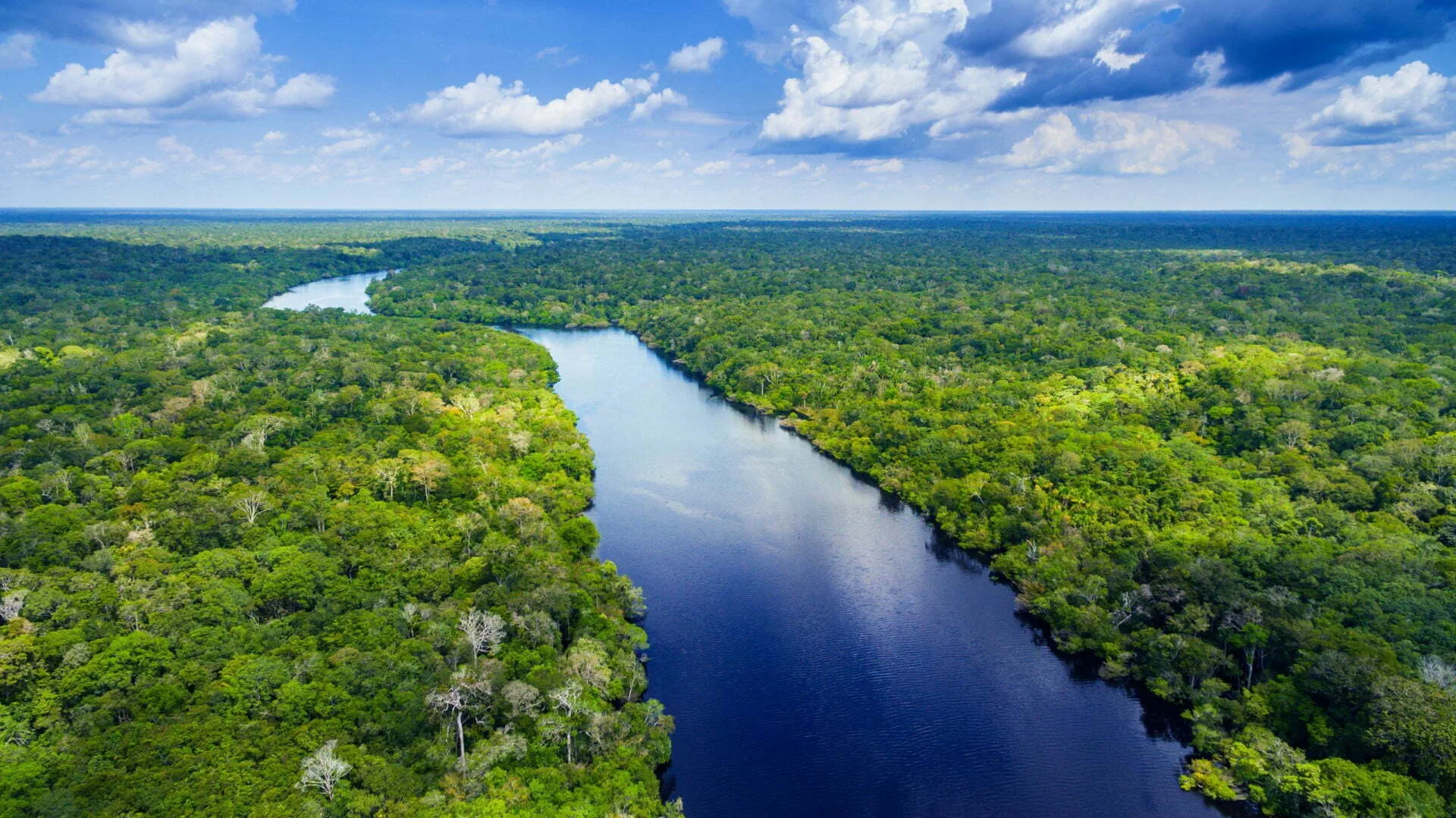
Brazil’s actions for sustainable agriculture and increasing productivity while preserving its natural resources were presented in Europe. The series “AgriTalks” showed these topics to representatives of governments, private sector, academic institutions and civil society in the continent.
The secretary of Innovation, Sustainable Development and Irrigation of the Ministry of Agriculture, Livestock and Supply, Fernando Camargo, presented in Madrid, Berlin and Rome some opportunities and challenges for sustainable agriculture in Brazil.
Fernando pointed out at the meeting in Berlin, last Tuesday (24), that these meetings aim to promote dialogue with Europe and bring information from primary and reliable sources.
He informed that Brazil currently preserves 66% of its territory in public and private areas, which is equivalent to 5.64 million square kilometers.
“This is equivalent to 23 times the territory of the United Kingdom, 136 of the Netherlands, 11 of Spain and nine territories equivalent to France. The two pillars of sustainable agriculture in Brazil are production and conservation,” said Camargo.
According to him, Brazilian future for agriculture lies in degraded pastures recovering, not new areas. “Today we have 90 million hectares of degraded pastures in Brazil that can be recovered. This area will be the new agricultural and livestock frontier in Brazil. It’s not in the Amazon biome”, he emphasized.
Technology revolution
Until the 1970s, Brazil was a net importer of food, and today it exports to over 200 countries and feeds around 10% of the world’s population. Between 1976 and 2020, Brazil increased productivity by 400% while increasing land use by only 50%.
“This was achieved with a lot of innovation, a lot of science and a lot of technology, especially through Embrapa. This is the secret of our agriculture, combined with the entrepreneurial spirit of our farmer”, said.
He explained that this change was made with the transformation of poor soils, especially in the Brazilian Midwest, into fertile soils, with the adaptation of animals and cultivars.
Agritalks 2022
The event, organized by the Brazilian Embassies in Madrid, Berlin and Rome and by the Brazilian Trade and Investment Promotion Agency (Apex-Brasil) brings together specialists and representatives from Brazilian and local organizations, companies and research centers.

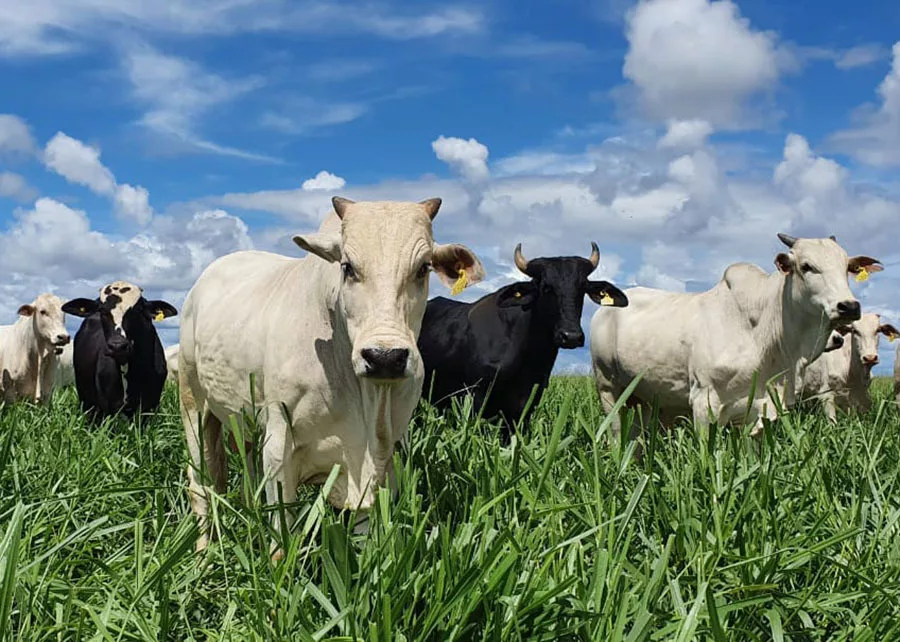
![24 Dec. 2023- Shirqat – Iraq – Ahmed Turki Naif, One of the beneficiaries of the training courses on modern agricultural methods in Shirqat is married and a father of two daughters, benefited from the project by adopting pivot sprinklers and drip farming after benefiting from the training course. his fealed work is growing barley, […] 24 Dec. 2023- Shirqat – Iraq – Ahmed Turki Naif, One of the beneficiaries of the training courses on modern agricultural methods in Shirqat is married and a father of two daughters, benefited from the project by adopting pivot sprinklers and drip farming after benefiting from the training course. his fealed work is growing barley, […]](https://planetacampo.canalrural.com.br/wp-content/uploads/sites/9/2025/02/undp_iq_dsc06266-scaled-1.webp)
